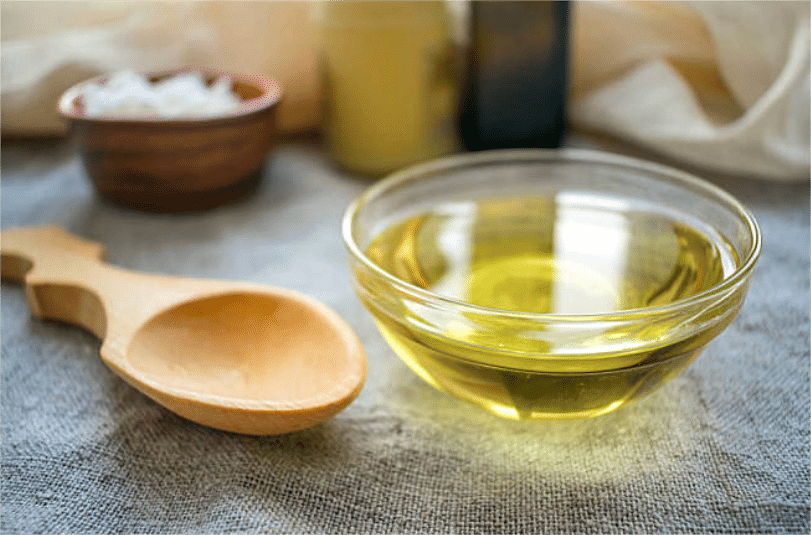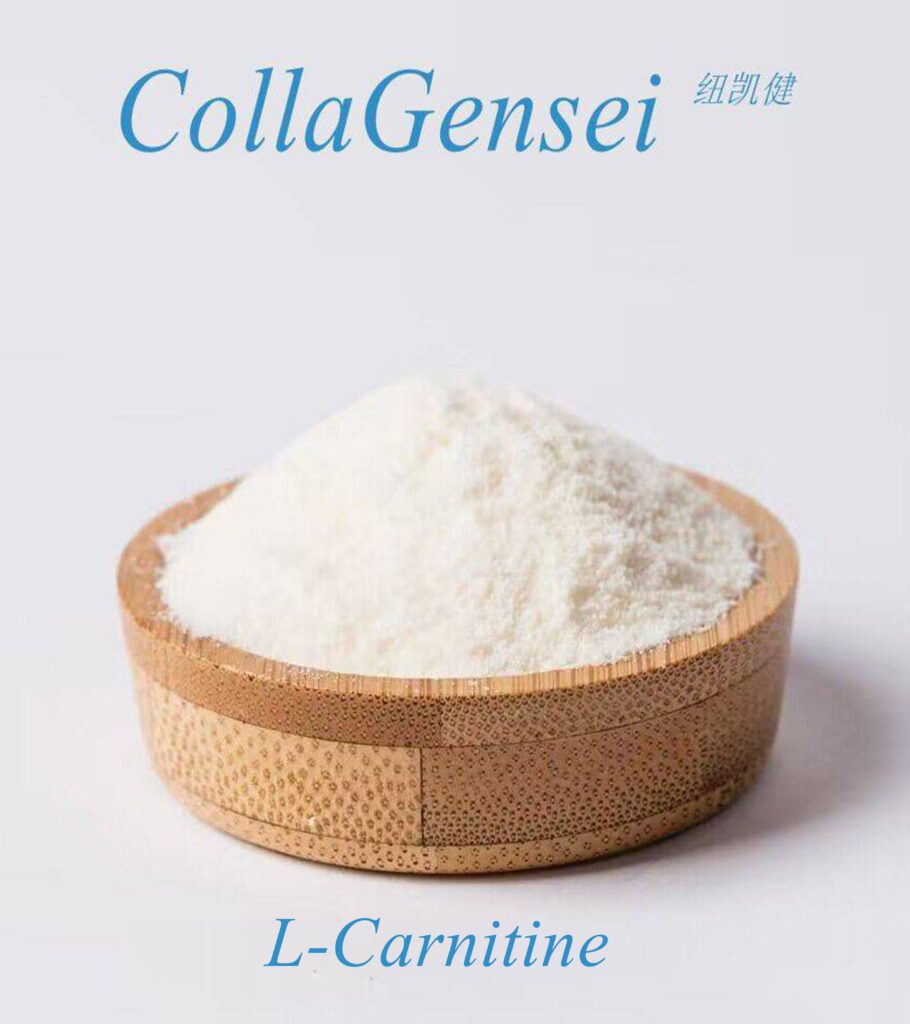Introduction
In the landscape of dietary supplements and natural health products, Berberine HCl and MSM (Methylsulfonylmethane) are two compounds that have gained significant attention for their diverse health benefits. Berberine HCl is a bioactive alkaloid with a long history in traditional medicine, while MSM is an organic sulfur compound popular for joint health and inflammation management. This article compares Berberine HCl and MSM in-depth, exploring their chemical characteristics, biological effects, applications, and implications for consumers.
1. Berberine HCl: An Overview
1.1 What is Berberine HCl?
Berberine HCl is the hydrochloride salt form of berberine, a quaternary ammonium alkaloid found in several plants, including Berberis species. It has been used in traditional medicine systems such as Chinese and Ayurvedic medicine for its therapeutic properties.
1.2 Chemical Properties
- Structure: Berberine HCl is a yellow-colored alkaloid with the chemical formula C20H18ClNO4. It features a complex structure with multiple aromatic rings and a quaternary ammonium group.
- Molecular Weight: Approximately 336.8 Da.
- Solubility: Berberine HCl is soluble in water due to its hydrochloride salt form, which enhances its bioavailability.
1.3 Biological Effects
- Metabolic Health: Berberine HCl is known for its potential to improve blood sugar control and support metabolic health. It can activate AMP-activated protein kinase (AMPK), a key regulator of metabolism.
- Anti-inflammatory Properties: It has demonstrated anti-inflammatory effects, which may benefit conditions such as arthritis and inflammatory bowel disease.
- Antimicrobial Activity: Berberine exhibits antimicrobial properties and is effective against various bacteria, fungi, and parasites.
1.4 Applications
- Dietary Supplements: Commonly used to manage blood sugar levels, support cardiovascular health, and enhance metabolic function.
- Traditional Medicine: Utilized in conventional practices for various conditions, including digestive disorders and infections.
Scientific Evidence: Studies published in journals like Diabetes Care and Journal of Ethnopharmacology support Berberine HCl’s efficacy in managing blood glucose levels and its antimicrobial properties.
2. MSM (Methylsulfonylmethane): An Overview
2.1 What is MSM?
MSM (Methylsulfonylmethane) is an organic sulfur compound naturally occurring in plants, animals, and humans. It is commonly used as a dietary supplement to reduce inflammation and support joint health.
2.2 Chemical Properties
- Structure: MSM has the chemical formula (CH3)2SO2, consisting of a methyl group attached to a sulfur dioxide group.
- Molecular Weight: Approximately 94.13 Da.
- Solubility: MSM is highly soluble in water, aiding its absorption in the digestive tract.
2.3 Biological Effects
- Anti-inflammatory Properties: MSM is known for its ability to reduce inflammation, making it beneficial for managing conditions such as osteoarthritis and muscle soreness.
- Joint Health: Supports cartilage health and may improve joint function and flexibility.
- Antioxidant Effects: MSM may help neutralize free radicals, reduce oxidative stress, and support cellular health.
2.4 Applications
- Dietary Supplements: These are often included in supplements to improve joint health, reduce pain, and manage inflammation.
- Topical Products: These are used in creams and lotions for localized relief from joint pain and skin conditions.
Scientific Evidence: Research published in Osteoarthritis and Cartilage and the Journal of Clinical Rheumatology supports the effectiveness of MSM in alleviating joint pain and reducing inflammation.
3. Comparative Analysis
3.1 Chemical Properties
- Berberine HCl vs. MSM: Berberine HCl is an alkaloid with a complex ring structure and a quaternary ammonium group, while MSM is a simpler organic sulfur compound. Their different chemical structures influence their solubility, absorption, and biological activity.
3.2 Biological Effects
- Metabolism vs. Inflammation: Berberine HCl is primarily known for its impact on metabolic health and blood sugar control. MSM is more renowned for its anti-inflammatory properties and support for joint health.
- Mechanisms of Action: Berberine HCl activates AMPK to regulate metabolism, while MSM reduces inflammation and provides antioxidant support.
3.3 Applications
- Health Goals: Berberine HCl is often used for metabolic health and blood sugar management, while MSM is favored for joint health and inflammation reduction.
- Supplement Forms: Both compounds are available in various forms, including capsules, tablets, and topical products, but their applications and benefits target different health concerns.
Practical Considerations: When choosing between Berberine HCl and MSM, consider the specific health goals. Berberine HCl is suited for those needing metabolic support and blood sugar control, whereas MSM is ideal for individuals seeking relief from joint pain and inflammation.
4. Case Studies and Real-World Applications
4.1 Berberine HCl
- Case Study: Research published in Diabetes Care demonstrated that Berberine HCl supplementation effectively reduced blood sugar levels in patients with type 2 diabetes, comparable to the effects of metformin.
4.2 MSM
- Case Study: Clinical trials reported in Osteoarthritis and Cartilage revealed that MSM supplementation significantly improved joint pain and physical function in individuals with osteoarthritis.
Clinical Trials and Real-World Data: Reviewing studies and real-world data helps understand Berberine HCl and MSM’s practical effectiveness and user experiences.
5. Future Directions and Research
5.1 Research on Berberine HCl
- Ongoing Studies: Future research may explore Berberine HCl’s potential in treating metabolic disorders, its effects on cardiovascular health, and its interaction with other medications.
5.2 Research on MSM
- Emerging Trends: Research may focus on optimizing MSM’s efficacy in joint health, exploring its potential in other inflammatory conditions, and understanding its long-term effects.
Conclusion
Berberine HCl and MSM are both valuable compounds with unique benefits. Berberine HCl is particularly effective for metabolic health and blood sugar management, while MSM is renowned for its anti-inflammatory properties and support for joint health. Understanding their distinct characteristics and applications helps consumers make informed decisions based on their health needs and goals.




